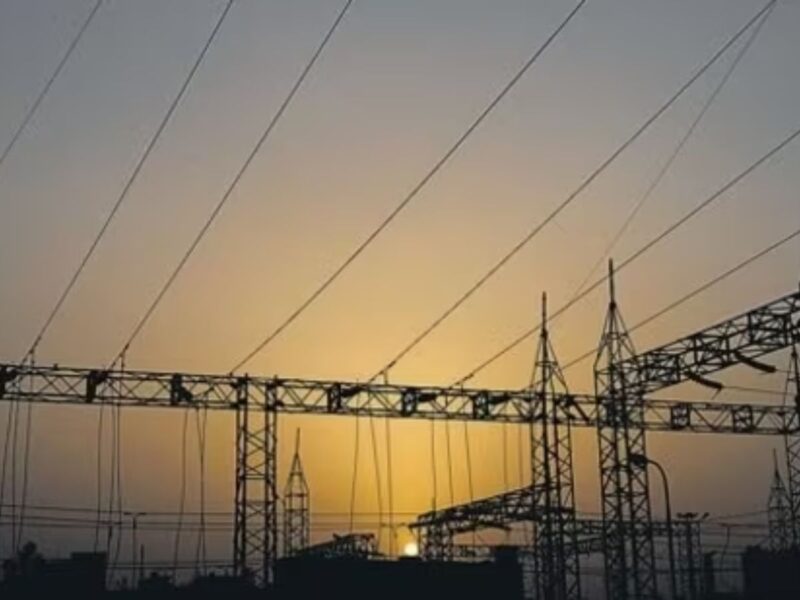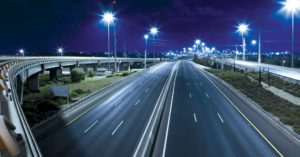Amidst the pandemic, with more and more people opting for cabs instead of metro and bus services, a smooth experience for customers seems to be a far-fetched dream
“Kahaan jaana hai aapko?” — seems to be one question that anyone who has used cab hailing services has encountered. And who can blame riders when they refuse to answer this seemingly harmless question! For riders, who are at the receiving end of this question, the sequence of events that plays out after the answer may look like a scripted scene that plays out again and again. Often drivers will either refuse to come to the pick-up location, tell riders to cancel the ride, delay coming or stop responding to subsequent calls altogether.
In such a situation more often than not riders booking a cab to travel to the airport or the railway station will often cave, cancel the ride or try using a different cab hailing service. However, even then the situation remains the same and it is only after this scene has played out at least once that a driver will arrive to complete the ride.
But, since the restrictions on movement were lifted after the lockdowns, these questions have become more common and irksome, not to mention a source of worry for many who rely on aggregators like Ola and Uber.
The problem has reached such proportions now that Twitter pages of Ola and Uber, one of the easiest places to bring such issues into the notice of aggregators, are full of complaints of disgruntled customers.“Sure! Had booked @Olacabs to drop me to the Airport at 5: 45 am. Till 5.43 no details were shared when it’s stipulated that 10 min before the pick up details will be shared. I cancelled the pre-book ride and booked another ride. Was charged 50 rs as cancellation fee,” writes Abyudh Reddy on Ola cab’s official Twitter page. And who can blame him?
This is just part of the problem of how many users complain of drivers, who themselves refuse to accept the ride, denies to cancel a trip — in which case users end up paying cancellation fees, on other occasions drivers demand that they be paid in cash only, forgoing other payment options like UPI and online transactions via aggregators.
All these when looked at under the lens of increased fares, surge charges, and aggregators ability to curb such practises, raises a question on their ability to ensure customer satisfaction.
On their part, drivers working with Ola and Uber say that the policy of aggregators to give drivers rides which keep them away from their homes, to ensure that they remain online for longer periods of time, is the reason why they want to know the destination. Drivers also complain that often when digital payments are made via services offered by aggregators on their apps, the time taken for the money to reflect in their accounts is longer, thus their desire to be paid in cash.
To address the problem, cab aggregators have added options of switching to another driver. However, more often than not this step just adds to the overall time spent in waiting for the cab to arrive, if it does at all. This then has left customers complaining of the lack of professionalism on the drivers part and the time wasted in looking for different drivers.
Another problem that many users complain about is the lack of ease when trying to contact customer support with both Uber and Ola. A quick google search for customer support for these aggregators shows phone numbers which when contacted reveal have nothing to do with the companies. In such a scenario, unless on a ride, the only option left for customers is to reach out on Twitter or e-mails, both of which can be very time consuming.
According to a study TERI. 2020. Impact of COVID-19 on Urban Mobility in India, around 35% respondents said that the pandemic is likely to affect their preferred mode of transport, resulting in a sharp decrease in the usage of bus and metro services. This shift has naturally opened up new avenues of business for cab aggregators, however, how these new avenues translate to better services remains to be seen. And with the growing dependence of customers on aggregators like Ola and Uber the hopes of ensuring a smoother and more reliable experience for customers may not be coming anytime soon.
(Cover: Getty images)





